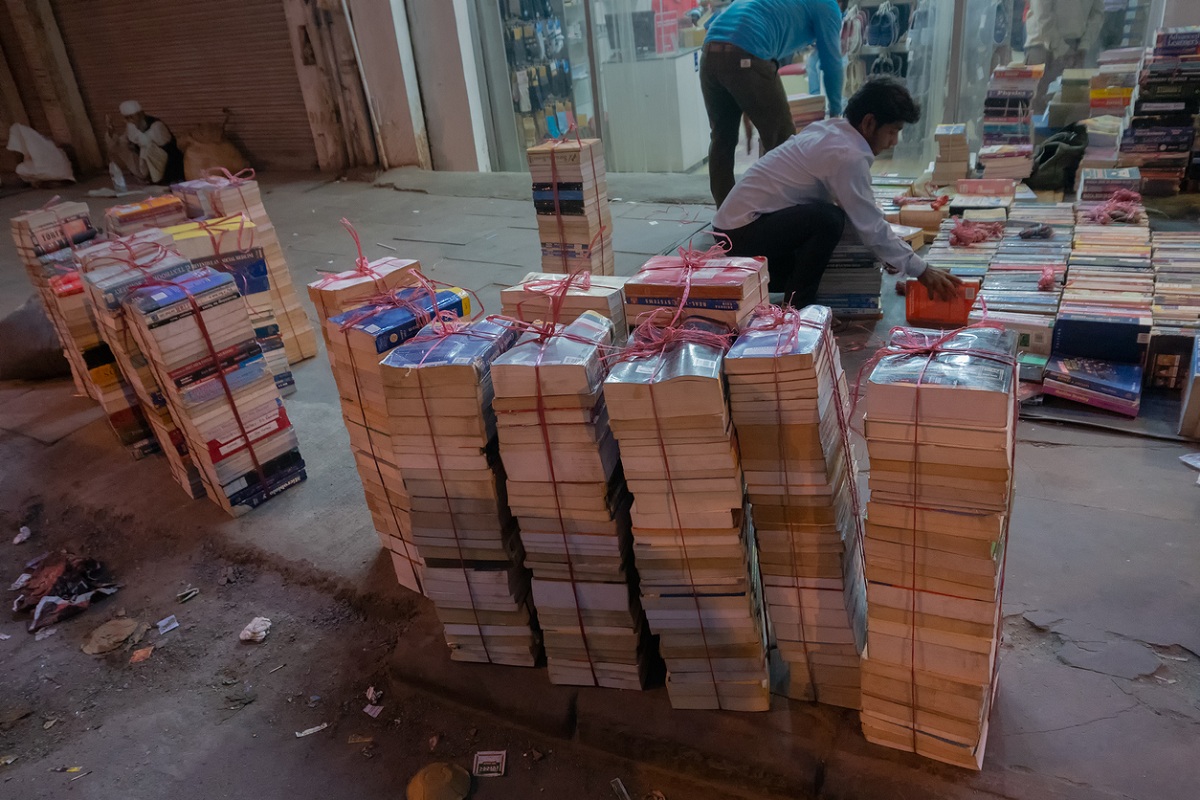Publishers in Pakistan’s Punjab province face an uncertain future with the legislature approving a law that mandates prior approval from bureaucrats before printing or importing books, pamphlets or other written material, a move described by critics as pandering to populist religious pressure.
The absurdity of the legislation covering a single province ~ and thus its potential to create a situation where a book available elsewhere will be proscribed in Punjab ~ appears not to have struck legislators while enacting the law which is claimed to target objectionable material.
Advertisement
The law is no laughing matter, though, for failure to obtain prior approval could lead to a stiff jail term. While Punjab’s Governor has not yet signed it, this may be a mere formality for its proponents’ strenuous argument that it is aimed at weeding out blasphemous content, and address security concerns, has traditionally found resonance in the establishment.
The law targets “material that is likely to jeopardise or is prejudicial to the ideology of Pakistan or the sovereignty, integrity or security of Pakistan”, but publishers point out that it is so imprecisely worded as to make it possible for a bureaucrat to ban any book. For instance, it makes it mandatory for every reference to the Prophet to be preceded and followed by lengthy honorifics, which few books presently include.
It also authorises the Director General of Public Relations to inspect any publishing house, printing press or bookstore and confiscate material. While Pakistan’s Constitution limits censorship, it does allow reasonable restrictions in the interests of national sovereignty, morality and public order, like the Indian Constitution does.
But the country has a long and unedifying record of clamping down on content the establishment deems objectionable. Just last year, some 900,000 websites were blocked for carrying blasphemous and pornographic content and sentiments against the armed forces, the state and the judiciary. Already, foreign publications must be pre-censored before being reprinted.
And even before Punjab came up with its contentious law, foreign books and periodicals, which could be imported freely, were subject to confiscation if found to contain objectional sexual or religious content. In January, for instance, authorities banned Lesley Hazleton’s non-fiction books on the beginnings of Islam, which had been sold freely for years.
And humourless bureaucrats curiously seized Urdu translations of Mohammad Hanif’s award-winning comic novel, The Case of Exploding Mangoes. Among other books to face the ire of authorities was one containing quotes of Mahatma Gandhi, and another that used an illustration of three pigs to teach little children how to count. Indeed, as the space for free thought shrinks around the world, Pakistan seems determined to hold up its own.











